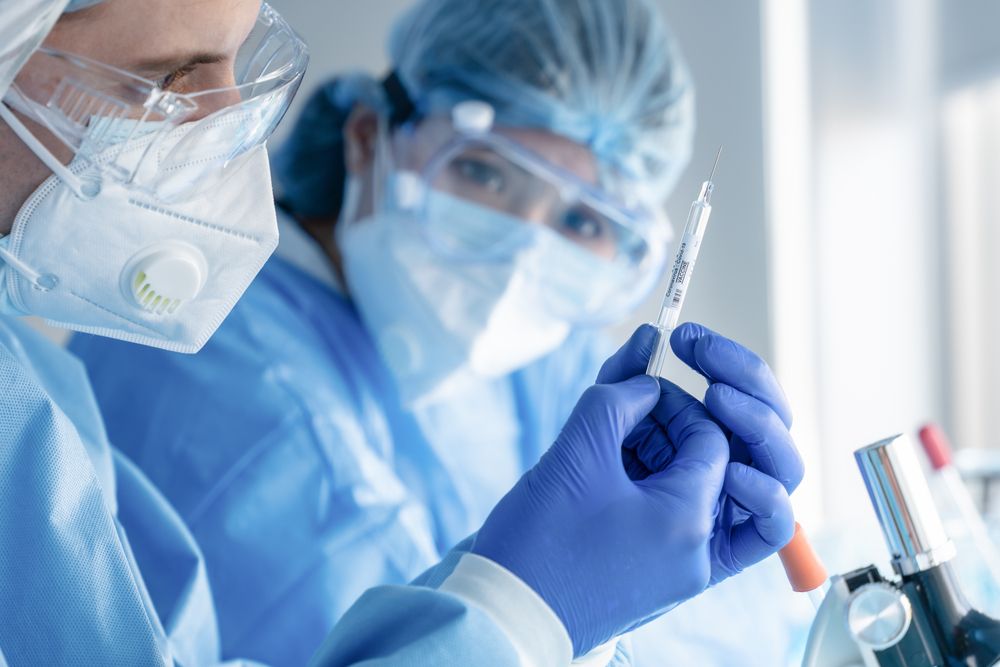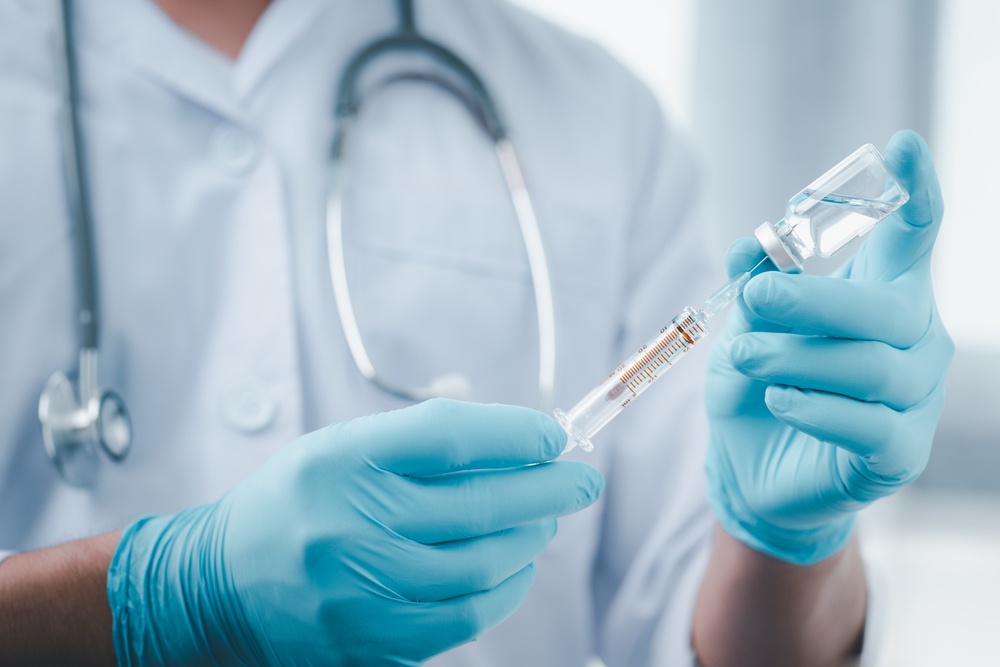Everything You Should Know About Pfizer’s COVID-19 Vaccine

As the world has surpassed 50 million of confirmed COVID-19 cases and more than 1 million deaths, all eyes are on researchers as they’ve been struggling to find a vaccine for months. So far, our only weapons of defense are social distancing, face masks and hand sanitizers.
Starting today, the wait might be over.
A recent vaccine produced by Pfizer has reached the phase 3 of large-scale trials and so far it turns out to be 90% effective, manufacturers say.
Here is everything you should know about this major scientific breakthrough.
Pfizer, a potential life savior
One of the leading vaccine scientists at Pfizer, Bill Gruber, says he is ‘near-ecstatic’ regarding the team’s progress in creating an effective COVID-19 vaccine.
‘This is a great day for public health and for the potential to get all of us out of the circumstances we’re now in.’ – Bill Gruber, Pfizer scientist
But how can this vaccine be 90% efficient when almost every other alternative showed less than 50% efficiency? Well, part of the reason is that this option involves the genetic code of the SARS-CoV-2 virus itself. Basically, researchers inject part of the virus into the patient’s body to ‘train’ the immune system into fighting off the disease.
As trials have reached phase 3, more than 43,000 volunteers from around the world have been given the vaccine and there have been no side effects whatsoever.
Now, let’s get into details about how a vaccine really is developed:
- Pre-clinical phase: The potential vaccine is analyzed in a laboratory where scientists perform a limited numbers of tests on animals such as rats;
- Phase no. 1: Researchers begin testing the vaccine on a few volunteers to notice any possible side effects;
- Phase no. 2: Testing on +100 subjects is allowed to further prove the efficiency of the vaccine;
- Phase no. 3: At least 43,000 volunteers with various ages, origins and genders can be used to test the vaccine;
- Regulatory review: At this stage, public health officials analyze all phases explained above and their results; researchers decide whether the vaccine can be safely approved or not.
- Manufacturing starts: This is the final stage where the approved vaccine can be manufactured at a large scale for the population.
During phase 3 of the COVID-19 vaccine trial, little over 43,000 people have been divided in two groups: one group was given the COVID-19 vaccine and the second group was offered a placebo alternative. Then, researchers looked at how many participants who got infected with COVID-19 had received the new vaccine and how many got placebo.
Up until now, 94 people have been confirmed positive with COVID-19, 90% of which had not received the vaccine. Researchers wish to continue the trial until they have at least 164 confirmed COVID-19 cases among trial participants.

When do we get the vaccine?
This is the question on everybody’s lips right now.
According to Pfeizer, the company can provide 50 million doses by New Year’s Eve and approximately 1.3 billion doses by the end of 2021.
Although the vaccine trial isn’t officially ended, the company has already started manufacturing the vaccine to save extra time.
The 50 million doses expected by the end of this year can protect 25 million people. That’s because each person needs to receive two doses, three weeks apart, for the vaccine to work.
RELATED: U.S. Broke Daily COVID-19 Infections Record Amid Tumultuous Election
Our president-elect Joe Biden was quick to congratulate the team of researchers involved in one of the most anticipated medical breakthroughs in recent history. He also pointed out that we’re still months away from improving the current pandemic situation and that we must continue to follow all public health safety measures.
In the meantime, Pfizer and BioNTech (a partnering company which helps to develop the vaccine) have signed a $1.95bn contract with the U.S. government to offer 100 million vaccine doses starting this year. The UK and European Union have also ordered several million doses as soon as the companies announced their breakthrough.
One of the biggest challenges, though, is regarding low-income countries with poor conditions in hospitals or clinics. The COVID-19 vaccine must be stored at -80 degrees Celsius, an ultra-cold chain that may not be available in many low-income towns and cities. Right now, BioNTech chief executive Uğur Şahin is looking into the possibility of adapting the vaccine to survive at a normal fridge temperature of 4 degrees Celsius.
Will you get the new vaccine when it becomes available? What’s your opinion about this historical medical discovery? Share your thoughts in the comment section and let’s chat!
